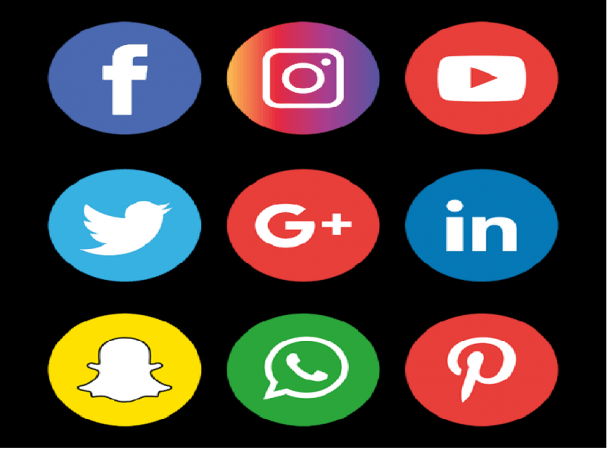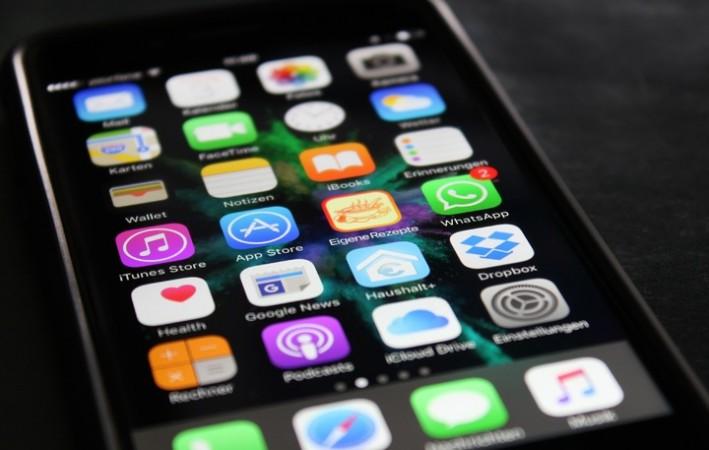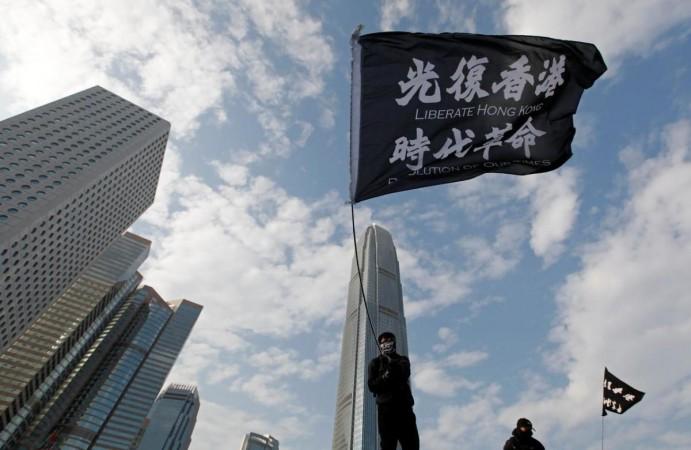
The move comes after China imposed a controversial new National Security Law in Hong Kong. Many top tech firms including WhatsApp, Microsoft, TikTok, Telegram and others have suspended their compliance with data requests.
Facebook, WhatsApp, Google, Twitter and Telegram have said they will not process official requests from the Hong Kong authorities to hand over user data for the time being, in the wake of China imposing a controversial new National Security Law in Hong Kong.
According to a report in The Wall Street Journal, WhatsApp decided to pause the review of Hong Kong government requests for user data "pending further assessment" of China's national-security law for territory.
Facebook is "pausing" such reviews "pending further assessment of the impact of the National Security Law, including formal human rights due diligence and consultations with human rights experts," a WhatsApp spokeswoman was quoted as saying in the report.

Google and Twitter said they suspended their reviews of data requests from Hong Kong authorities immediately after the law went into effect.
Twitter cited "grave concerns" about the law's implications.
Dubai-based Telegram Group said in a statement that it doesn't intend to process "any data requests related to its Hong Kong users until an international consensus is reached in relation to the ongoing political changes in the city."
A company spokesperson said it "has never shared any data with the Hong Kong authorities in the past."
Even China's TikTok is not okay with it
Chinese short-video making app TikTok has said it will quit Hong Kong after China imposed a new national security law. TikTok's decision to stop operations in Hong Kong of its popular video app looks unusual but is strategic, BBC reported
"In light of recent events, we've decided to stop operations of the TikTok app in Hong Kong," a spokesperson was quoted as saying.
China's controversial National Security Law
The people in Hong Kong fear that the new law can send them to jail on the basis of their social media posts and messages. After China imposed a controversial new National Security Law in Hong Kong, tech giants now face a free speech test in the country. The new law requires local authorities to take steps to supervise and regulate the city's internet.

Facebook, Instagram, Twitter and Google-owned YouTube currently operate freely in Hong Kong, unlike China where the great Firewall has censored the US tech giants in mainland China.
Twitter said in an earlier statement that it has "grave concerns and is committed to protecting the people using our services and their freedom of expression".
The Hong Kong government last week said the US has no right to intervene in the city's internal affairs, after the American Senate unanimously passed a punitive sanctions bill in reaction to the controversial new National Security Law imposed by China.
The national security law, which Beijing put into effect and made public last week on the eve of the 23rd anniversary of Hong Kong's handover from British to Chinese rule, criminalises a wide range of behaviour and acts under four categories of secession, subversion, terrorism and collusion with a foreign power.
(With inputs from IANS)










